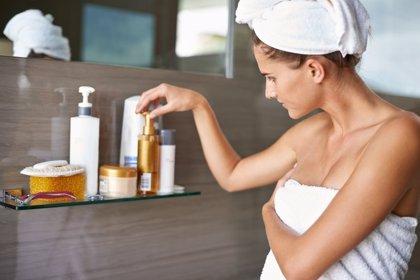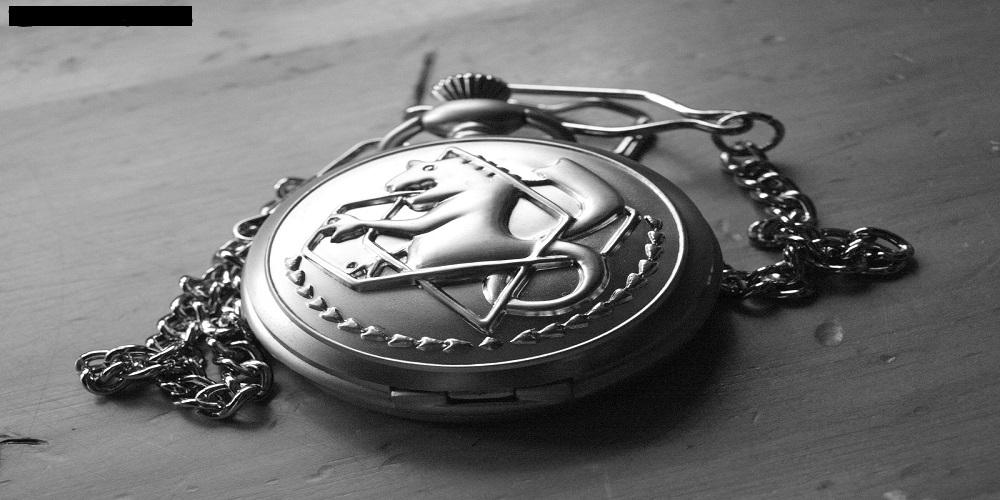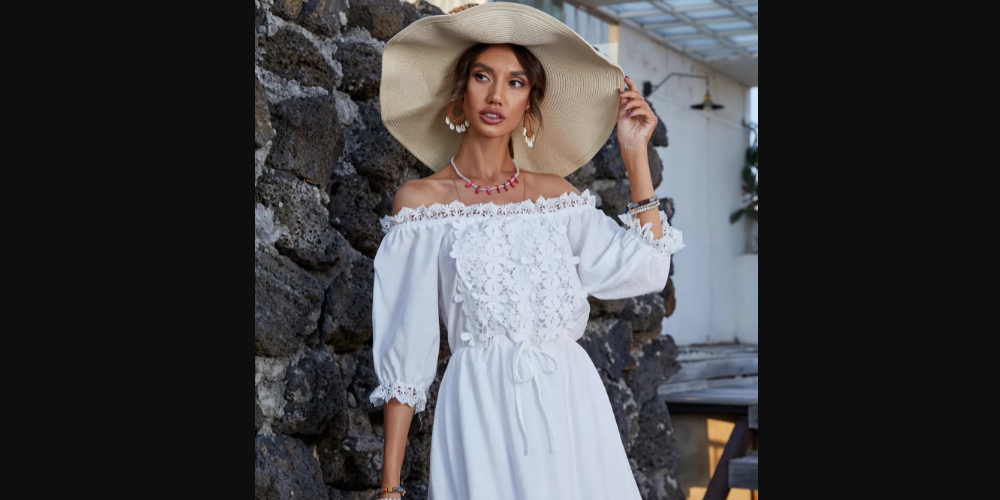What you don't know about parabens, one of the most used preservatives in cosmetics
MADRID, 25 Apr. (EDITIONS) -
Parabens or parabens are preservatives widely used in cosmetics, but also in medicines, food and industrial products, due to their antimicrobial properties, according to the Spanish Academy of Dermatology and Venerology (AEDV). They can cause skin allergies, although their frequency is very low.
From the OCU they believe that it is better to avoid some, even though the law allows them in certain concentrations. "They are widely spread because they are cheap and a small quantity is needed for them to fulfill their function as preservatives. They serve to kill bacteria and preserve the cosmetics we use daily, increasing their period of use and safety. However, some are under suspicion of that can alter the body's hormonal balance, an action known as an 'endocrine disruptor'," he adds.
But what contains parabens? The AEDV indicates that, among other products, there are mainly:

.- Cosmetics: mascara, eye shadows and pencils, make-up, make-up removers, lip gloss, lipstick, nail polish, masks, moisturizing creams, facial and body hygiene products, self-tanners, sunscreens, deodorants , shampoos, aftershave lotions, bath oils, children's lotions, depilatory products, among others.
.- Medications: dermatological creams and ointments, eye drops, ear and nasal drops, suppositories, bandages with occlusive pastes for leg ulcers, corticosteroids, heparins, contraceptives, local anesthetics, cough syrups, injectable solutions in multidose vials, powders , aerosol sprays.
.- Food and drinks: pastries, ice creams, creams, soft drinks, cold cuts, jellies, oils, among others.
Moreover, it warns about how to find them on product labels and specifies that their international name is: 'methylparaben', ethylparaben', 'propylparaben', 'butylparaben'.
"In non-cosmetic products, keep in mind the synonyms that can be used to refer to parabens and related products, such as substances derived from para-aminobenzoic acid (PABA)," he recalls.
TIPS TO AVOID ITS EXPOSURE
To avoid exposure, since slight rates of allergy have been shown, the AEDV recommends:
.- Use only properly labeled cosmetics and medicines that do not include parabens, or any of their synonyms or related products among their ingredients.
.- The intake of foods that contain parabens does not usually cause problems.
.- Avoid using sun protection creams that contain PABA, since they could cause hypersensitivity reactions.
.- Notify your supplier that you are allergic and request products free of these allergens.
.- If the allergy is of occupational origin, request information from your company managers about materials that may contain parabens. Avoid contact and protect yourself adequately.
Lastly, the OCU reminds us that in 2014 the European Union banned the parabens 'isopropylparaben' and 'isobutylparaben', and others such as 'phenylparaben', 'benzylparaben' or 'pentylparaben' (actually very little used). "It is considered that there is not enough information about their risks, so it is not possible to assess their safety and therefore they should not be used," he says.









1611